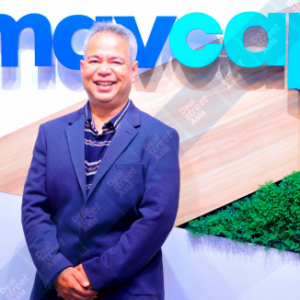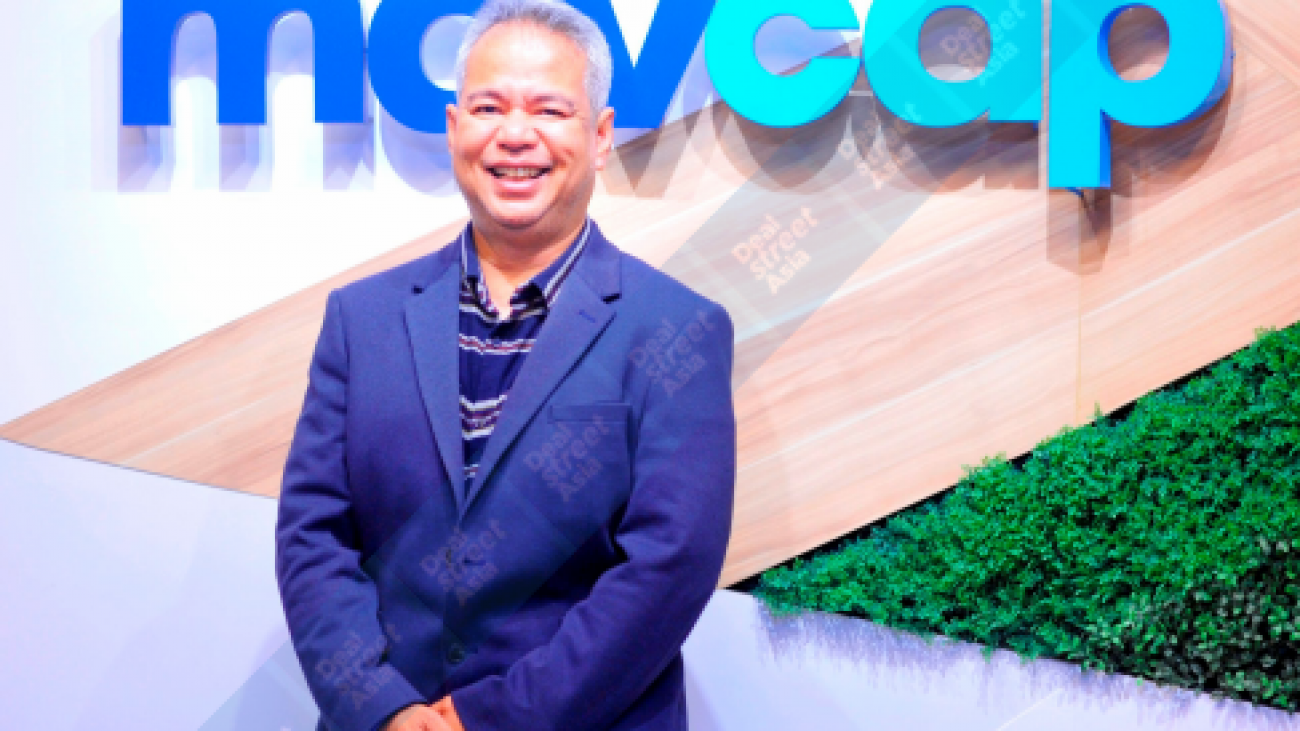
For Malaysia Venture Capital Management Bhd (MAVCAP), the missed opportunity to participate in home-grown ride-hailing major Grab’s later-stage fundraising prompted a rethink in its funding strategy.
Malaysia-born Grab, which moved its headquarters to Singapore in 2014, has since evolved from a ride-hailing major to a super app offering a slew of other services including food delivery and payments. Reuters reported early October that Grab is now valued at over $15 billion.
“We learned our lesson with Grab and now we have Meranti Asean Growth Fund with a fund size of $200 million, focused on the growth stage. The companies that we have nurtured at the seed or pre-seed to Series A can now be funded for Series B,” MAVCAP’s newly-appointed CEO Shahril Anas Hasan Aziz told DealStreetAsia in an interview.
Shanghai and Kuala Lumpur-headquartered Gobi Partners closed its 2017-vintage Meranti ASEAN Growth Fund in December 2019 at $200 million.
Elaborating on why backing Grab was not a feasible option back then, Shahril said, “we did not have enough funds when Grab wanted to raise $10 million. If we had, we would have needed to syndicate with other parties. That amount during 2010 was about 20-30% of our [overall fund] size.”
MAVCAP has since worked closely with VCs to improve the ecosystem by allowing local startups to secure funding in the later-stage funding rounds, he added.
Set up in 2001, MAVCAP’s mandate is to create a bigger pool of funds for competitive local companies.
MAVCAP, which has 12 funds with an asset under management of RM2 billion ($481 million), is targeting an AUM of RM5 billion ($1.2 billion) in two years.
MAVCAP operates from pre-seed to growth stages in partnership with Gobi Partners, sovereign fund Khazanah Nasional, government-linked Johor Corp and local conglomerate Sunway Group.
“For pre-seed, we have SuperSeed with Khazanah, and now SuperSeed II from seed to pre-seed with Sunway. For SuperSeed II, we invest RM500,000 to RM2 million in non-revenue tech companies with a unique selling proposition,” he said.
MAVCAP will continue its ‘strategic funds model’ to invest alongside other private venture capitalists to fund more startups.
“We also hope to work with more government-linked companies and corporations,” he said.
“Because of our strategic funds model, we are more or less an institution, with the likes of Alibaba, GS Shop, Axiata and Sunway Group as our partners. Today, we are a global institution as our partners are global – including 500 Startups in San Francisco and Gobi in Shanghai. This allows us to benchmark ourselves globally as well,” he said.
Strategic funds model
For the first decade, when the venture asset class was relatively new in Malaysia, MAVCAP made direct investments in startups. Subsequently, with the ecosystem maturing, MAVCAP allocated funds to 11 local venture capital firms.
Furthermore, MAVCAP began exploring partnerships with government-linked corporations such as Axiata, Johor Corp and other corporates to start VC funds.
“We will continue with that approach,” Shahril said on MAVCAP’s shift to the fund-of-funds strategy in 2011.
For MAVCAP, the strategic fund model has paved way for greater collaborations with foreign VC firms and corporate partners. This model has enabled MAVCAP to rope in local and foreign players to invest in the funds created by MAVCAP and its partners.
Having joined MAVCAP in 2015, Shahril has played an instrumental role in collaborating with foreign and corporate partners to implement the ‘Strategic Funds’ model.
Shahril shared that MAVCAP aspires to follow the model of Silicon Valley fund managers.
“Our aim is to emulate Silicon Valley GPs. The best fund manager is one who does not need to put in any money. For MAVCAP, we are heading towards that direction, and aim to reach it within the next five to 10 years, as we need the track record and the right people,” he said.
MAVCAP eyes interest from China
Based in Malaysia, Shahril said MAVCAP is at a strategic location to benefit from the best of both worlds – Silicon Valley and Shanghai.
It also hopes to leverage its “state-linked” identity to attract funds from China.
“We are currently in talks with some parties in China on fundraising for the Asia Greentech Fund,” he said. The first close of Asia Greentech Fund was in February, the final close is expected in February 2022.
However, the current travel bans due to the global pandemic might be stalling the progress.
“If we cannot travel and meet our partners face-to-face, it is tough to build the relationship and even tougher to gain trust,” he noted.
Managing impact of COVID-19 on portfolio firms
Shahril’s immediate focus after his appointment as CEO is to enable portfolio companies to survive the COVID-19 crisis.
“We are looking at both the health of our fund managers as well as our portfolio companies,” he noted.
While none of MAVCAP’s portfolio companies have been classified as a casualty yet, Shahril observed that for several companies the [capital] runway was getting shorter. “Some did manage to raise funds. For others, we did bridging [round] where we put in some money as a loan for them to remain afloat,” he shared.
The global pandemic also lifted the fortunes of some portfolio companies in the e-commerce and logistics spaces while several others needed to pivot to offset the impact.
“For example, before the COVID-19 pandemic struck the country, our investee company theLorry (logistics startup) was involved in B2B services such as house and office moving. However, when the movement control order was implemented, theLorry pivoted to B2C providing grocery delivery services,” he said.


